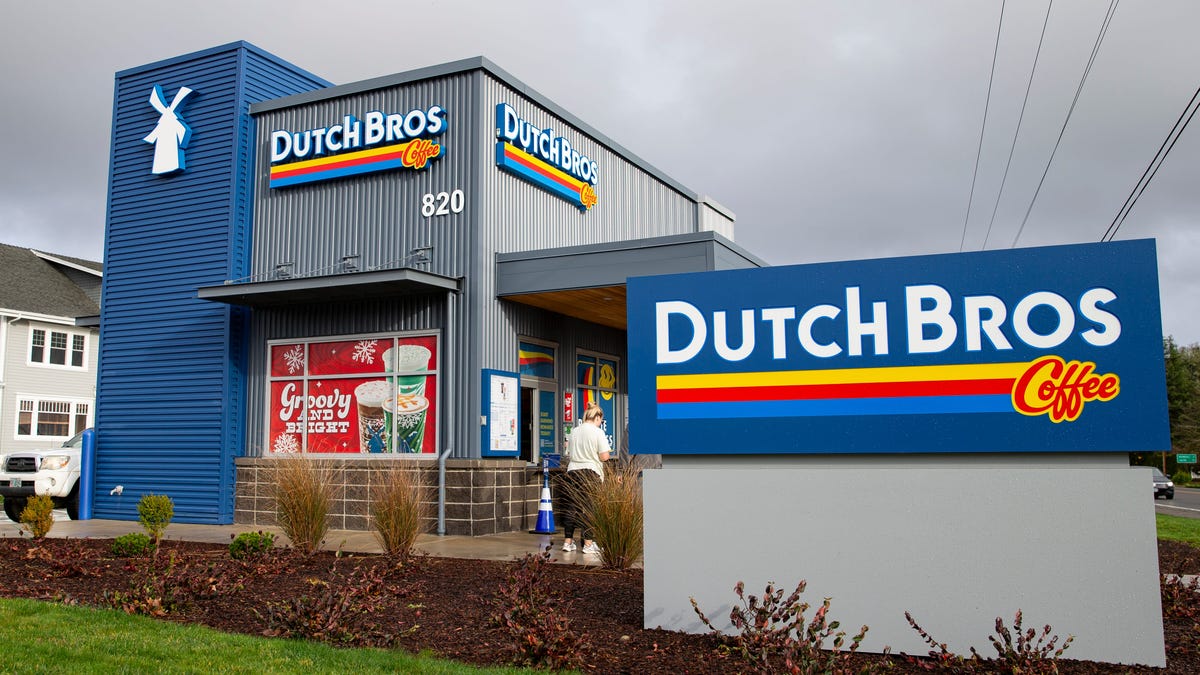Is using AI in college a bad thing?
Some students argue that using AI in college better prepares them for the workforce. Where’s the line?
Don’t blame a job market slowdown that many economists say will start to become evident in Friday’s May employment report solely on uncertainty surrounding President Donald Trump’s tariffs.
You can also point the finger at AI.
AI, or artificial intelligence, is increasingly prompting technology companies to hire fewer recent college graduates and lay off more employees, according to economists and staffing firms.
The rising U.S. unemployment rate the past couple of years can partly be pinned on a hiring slowdown in technology that has largely affected recent college grads seeking the kind of entry-level jobs being replaced by AI, according to a recent report by Oxford Economics.
Trump’s tariffs, which are expected to reignite inflation while dampening consumer spending, will likely intensify the hiring pullback, said Oxford Senior Economist Matthew Martin.
“Clearly, something is shifting,” Martin said. “Entry-level jobs have declined markedly.”
What is the job market like right now?
The Labor Department on Friday is expected to report U.S. employers added 125,000 jobs in May, down from an average of 181,000 the past two months, according to economists surveyed by Bloomberg. The unemployment rate is projected to hold steady at a historically low 4.2%.
Job growth has slowed gradually the past couple of years as a post-pandemic burst of demand faded even while companies remain saddled with high labor costs and interest rates, squeezing their profits. Trump’s tariffs are generating fresh uncertainty forecasters say will further curtail job growth in coming months.
But Martin said there also should be some focus on a deeper shift in hiring patterns that has played out the past couple of years and is gathering force.
What is the unemployment rate for recent college graduates?
From April 2022 to March 2025, the unemployment rate for recent college grads – aged 22 to 27 – shot up from 3.9% to 5.8% while the jobless rate for all workers climbed from 3.7% to 4%, according to the Federal Reserve Bank of New York. That means unemployment for recent grads is now higher than it is for all workers, reversing a decadeslong trend.
The jobless rate for all college grads – 2.7% in March – is still lower than the overall unemployment rate.
But many entry-level tech jobs are disappearing, the Oxford study says. Among industries, professional, scientific and technical services has had the biggest increase in employment among recent grads over the past two decades, largely in computer services. But since 2022, IT employment among those aged 22 to 27 has declined by 8%, compared to a 0.8% rise for college grads older than 27, the Oxford report suggests. Payrolls have risen 2% for college grads in all other occupations.
Job openings in professional and business services, the broader sector that includes computer positions, have declined by about 1 million to 1.5 million over the past two years, Labor figures show.
The trend is moving the needle on the job market broadly. Since mid-2023, 12% of the rise in the nation’s unemployment rate from 3.6% to 4.2% can be traced to the struggles of recent college graduates, according to the Oxford analysis.
Are tech jobs still in high demand?
Many tech companies, as well as the IT divisions of firms in various industries, are hiring about half the software developers they used to, said Kye Mitchell, head of Experis U.S., the tech hiring arm of staffing giant ManpowerGroup.
Instead, AI in many cases is handling basic software development tasks while data architects and scientists, along with AI coaches, are setting up the data and teaching the AI how to manipulate it, Mitchell said. While many developers are being retrained for these higher-level roles, the shift is leading to fewer entry-level jobs in the short term and fewer opportunities for recent graduates.
The companies’ wary approach toward hiring and desire to increase cost efficiency through AI has been amplified by the uncertainty spawned by the trade war, she said.
“People are cautious,” she said. “AI is making it tougher for recent college grads.”
Mitchell advised IT majors to take classes in more analytical specialties to increase their odds of landing a position.
“If you’re more of a generalist, you’re in trouble,” she said.
Are tech companies doing layoffs?
Meanwhile, some large tech companies have laid off workers who performed administrative, customer service and data entry tasks, Mitchell said, replacing them with AI. In May, Microsoft announced 6,000 layoffs globally and company CEO Satya Nadella has said about 30% of the company’s code is now written by AI.
Other companies, including Google and Salesforce, have announced layoffs at the same time they revealed heavy AI rollouts, according to tech.co, a technology news site.
Traditionally, new technology that wipes out some jobs ultimately increases productivity and growth, creating new positions that eventually offset the losses.
But, Mitchell said, “People are really unsure… We’ve never been in this age” of rapid AI advances.
By 2030, activities that make up as much as 30 percent of hours currently worked in the U.S. could be automated —a trend accelerated by AI, according to a McKinsey GLobal Institute report.









